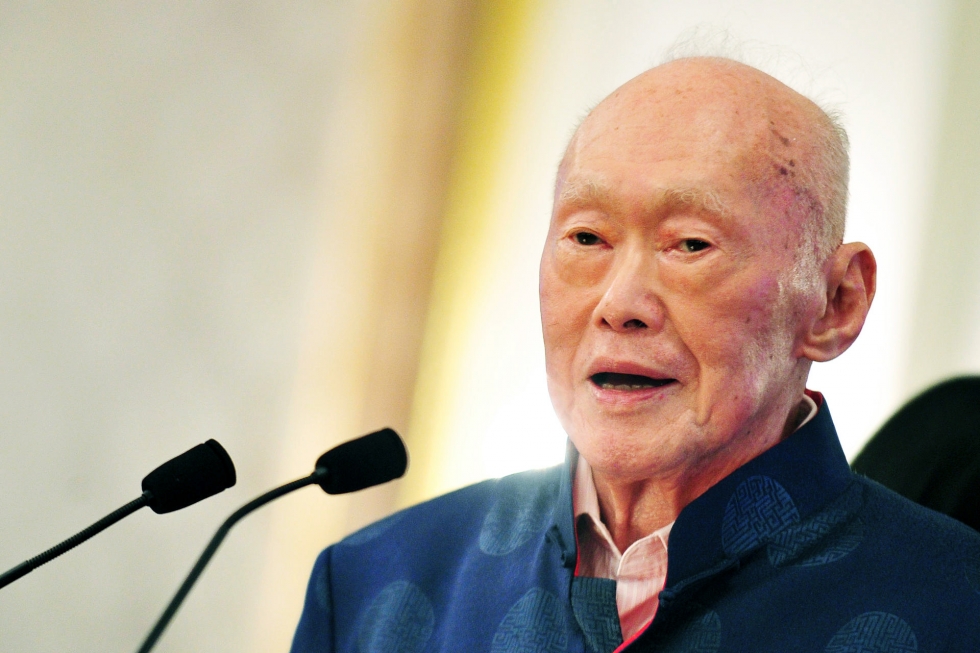
Christmas is a special time for buyers and sellers. As businesses reap their Christmas profits, they should recognize the source of all their profits. Offers of incredible savings and year-end deals are normally limited to holidays, special events, or closeouts, but these tactics could be utilized more often during other times of the year. In addition to special offers, the use of rewards programs and humanitarian efforts is also beneficial for businesses, buyers, and the overall economy. Giving gifts is an incredible tool, and businesses should use it to their advantage.
Although the gift-giving of Christmas has a healthy effect on our macro economy, there is an important disadvantage at the micro level. In theory and in practice, gifts may be at odds with the consumer’s preference. Some suggest that Christmas is inefficient for buyers and consumers. An important feature of gift-giving rituals is that the consumer does not make the purchase. According to Joel Waldfogel, the microeconomic disadvantage of consumers not making the final purchase makes Christmas inefficient. Waldfogel claims that gift-giving is a “deadweight loss” (a loss of economic efficiency that comes from not achieving equilibrium for a good or service) more potent with non-cash gifts from members of one’s extended family. He estimates that giving destroys between one-tenth and one-third of a gift’s value.
However, although it seems to be true that gift-giving is sometimes inefficient, Waldfogel ignores the enormous benefit that mass Christmas buying has on the economy as a whole. Large-scale Christmas buying creates trust between buyers and consumers and promotes stability in the economy.
It is easy to imagine a world without department stores, fast food restaurants, and internet superstores. The only reason we can have all of these things is because of trust. The only way our economy can work is through the belief that loans will be paid back with interest. In addition to banks trusting businesses, consumers must trust businesses to give them quality products. Also, businesses have to trust that consumers will buy their products to stay afloat. In this mutual partnership, it is clear that trust means a lot for businesses and consumers. As a result, businesses should offer more rewards that have a small net loss for the business and huge marginal benefits for consumers. The benefits that customers receive also help the company by creating more trust. Although the company might lose a small amount of money, the net impact is greater for the consumer and the business. In the context of our market economy, it is clear that businesses thrive on mass Christmas buying. During Christmas, trust is created through the incredible deals that businesses offer. This trust enhances the economy by creating a more stable consumer base.
Although some gifts may be potential deadweight losses to our economy, the gift economy also allows us to emotionally connect with others in an economically powerful way, investing time and money into something that could potentially be useful for that person. Any potential deadweight loss that comes from gift-giving is countered by the possibility of getting someone something that they would have used their money for. Even if this mutually beneficial situation did not happen, the deadweight loss can also be countered by the value of affection that is added. Just as giving someone a gift creates affection, the business tactic of offering incredible deals creates the same type of affection. The value of affection that is created through receiving deals strengthens the economy and perpetuates a system that thrives on consumer demand. Also, offering deals allows businesses to show their affection to their loyal consumers.
Taking both trust and affection – and their relationship to economic productivity – into account, one way to benefit both consumers and businesses outside of Christmas deals is to offer a commodity that people need in return for customer loyalty. Although gas prices are different everywhere, there is not much difference between major gas retailers. Not many people have a preference about where they buy their gas, but one oil chain is becoming a trailblazer for the gift-giving business model. Mapco offers a rewards program that saves people moneyon gas in return for customer loyalty. This program is beneficial to basically everyone, and it ensures that people will choose Mapco over other sellers because of the tangible rewards. In addition to the benefits of the program to customers, this program helps Mapco by gaining customer loyalty. In addition, Kroger and Costco do the same thing on a much larger scale. The use of customer rewards highlights the same trust, affection, and monetary gain that buyers and consumers experience during Christmas.
Humanitarian efforts are also a way to create more trust between buyers and sellers and have a positive impact on the economy at large. Internet retailers are making enormous profits in today’s economy, and Amazon is attempting to share the wealth by implementing the Amazon Smile program. This program donates a percentage of each purchase to the charity of one’s choice. Although the amount donated is a modest 0.5 percent, the millions of purchases each day turn this small amount into a rather large and beneficial sum. This program is helpful for the economy because it turns the relatively negative impact of losing profits into an extremely positive impact of supporting charities that provide important medical research, help cure global disease, and teach children how to code. It is clear that this system is a public good, but it also aids the people who need economic support the most.
While it is not clear how efficient or inefficient Christmas giving really is, it is clear that it makes people happy and businesses wealthy. Exclusive deals, reward programs, and humanitarian efforts are all a great way for businesses to receive trust and give affection. Mapco, Kroger, Costco, and Amazon are emerging as pioneers of a business model that would further enhance the economy. Although businesses might lose a small amount of their net profits, humanitarian efforts create trust and affection that enhance customer loyalty. Increasing these efforts would create a more stable consumer base that would strengthen the economy.


